About Community Medical Services Billings
Community Medical Services Billings is a treatment center that offers a variety of services to those struggling with addiction. These services include alcohol rehab, drug rehab, adult and young adult programs, outpatient rehab, detox, and aftercare support. The center also offers cognitive behavioral therapy, dialectical behavior therapy, family therapy, and individual therapy.
Addiction Treatment Programs
Alcohol Rehab
An alcohol rehab in Montana helps people gain the skills they need to overcome addiction and maintain long-term sobriety. The rehab program may use multiple approaches, including nutrition, psychology, holistic methods, and support groups. These tools help you build a substance-free lifestyle and move into long-term recovery.
Opioid Addiction
If you choose rehab in Montana, you’ll receive professional treatment that will help you break free of opioid addiction. Opioid treatment programs address the mental, emotional, and relational issues that may contribute to addiction. You’ll learn to build a new support network that supports your long-term sobriety.
Drug Rehab
If you’re struggling with your substance use use, consider a drug rehab in Montana. Whether you need detox, inpatient treatment, or outpatient care, a drug treatment program will help you build a new lifestyle based on healthy coping mechanisms, better relationships, and a new way of thinking about life.
Adult Program
Adulting can be hard. When you choose an adult program in Montana, you get the support you need to overcome addiction and build a successful life. In addition to typical detox, inpatient treatment, and outpatient care, an adult program may also teach clients about building a career, saving for retirement, parenting, and more.
Men's Rehab
Men need unique support, and a men’s rehab in Montana can help them manage gender-specific concerns while overcoming addiction. In addition to typical detox, inpatient treatment, and outpatient care, a men’s program may also teach clients about having healthy relationships, fatherhood, building a career, and more.
Women's Rehab
When people join a women’s rehab in Montana, they are able to tackle gender-specific issues while receiving treatment. In addition to typical detox, inpatient treatment, and outpatient care, a women’s program may also teach clients about motherhood, building a career, being safe in relationships, and more.
Young Adult Rehab
Choosing a young adult rehab in Montana can be a great way to learn new life skills while also addressing substance use. In addition to typical detox, inpatient treatment, and outpatient care, a young adult program may also teach clients about living independently, budgeting, having healthy relationships, parenting, and more.
Insurance Coverage
Self-pay options
If you’re looking for ways to pay for rehab in Montana, self-pay may be an option. You get a medical loan, write a check, or send money to the center electronically. The fee structure may vary depending on the level of care.
Levels of Care
- 1
Detox Treatment
For most people, detox in Montana is the first step in their recovery journey. After approximately a week of detox, during which you’ll receive medical attention for withdrawal symptoms, you’ll be ready to transfer to inpatient or outpatient rehab treatment to begin your new life.
- 2
Outpatient Rehab
Outpatient treatment in Montana allows clients to live at home or in a sober living facility while attending treatment. Outpatient treatment is less intensive than inpatient care and may include both counseling and attendance at a 12-step or other recovery support group.
- 3
Aftercare Support
Aftercare in Montana helps clients maintain long-term recovery by providing essential support after treatment ends. Aftercare services help provide stability as you establish your new life and may include help with employment, housing, sober activities, making friends, and finding long-term support.
Therapies
Cognitive Behavior Therapy
In Montana, cognitive behavioral therapy (CBT) is widely used in addiction treatment. Your underlying core beliefs can cause you to automatically react in certain ways. CBT helps you identify these immediate responses, challenge them, and choose a healthier response.
Dialectical Behavior Therapy
In Montana, dialectical behavioral therapy (DBT) is widely used in addiction treatment. You probably have unhelpful thoughts and behaviors that you have inadvertently practiced for years. DBT helps you identify these behaviors and choose a healthier response.
Family Therapy
Family therapy in Montana helps clients overcome substance use by addressing the family conflicts and dysfunction that may contribute to addiction. Family therapy is a normal part of evidence-based treatment programs and may be a part of inpatient treatment, outpatient care, or both. Topics include addressing past events, overcoming codependence and enablement, and building healthy, supportive relationships with each other.
Group Therapy
Group therapy in Montana helps clients overcome substance use by providing accountability and support. Group therapy can be part of detox, inpatient treatment, and outpatient care. It’s generally combined with individual counseling, activities, life-skills classes, and relapse prevention planning.
Individual Therapy
Attending individual therapy in Montana is a way to work through your past and develop healthy coping skills, helping you establish long-term recovery. A professional therapist can help you identify substance use triggers, reshape your thinking about specific topics, and address prior experiences and trauma that impact your substance use habits.
Accreditations
Location
Contact Community Medical Services Billings
Top Drug Rehab Centers in Montana
-
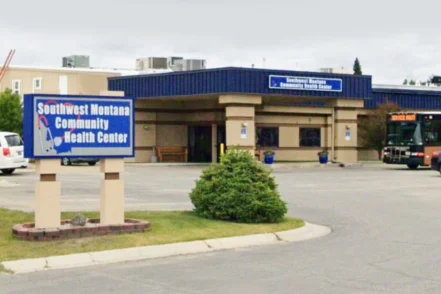 Montana
MontanaSouthwest Montana Community Health Center Butte
445 Centennial Avenue Butte, Montana 59701
-
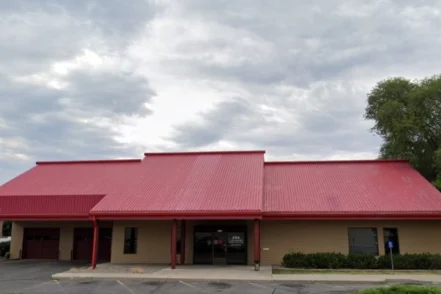 Montana
MontanaCommunity Medical Services Missoula
2415 South Catlin Street, Suite 4 Missoula, Montana 59801
-
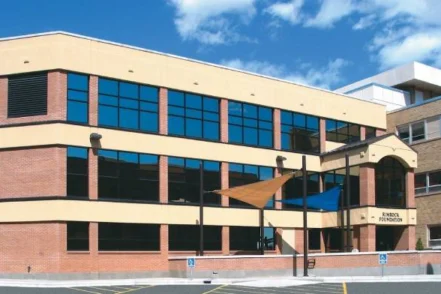 Montana
MontanaRimrock Foundation
1231 North 29Th Street Billings, Montana 59101
-
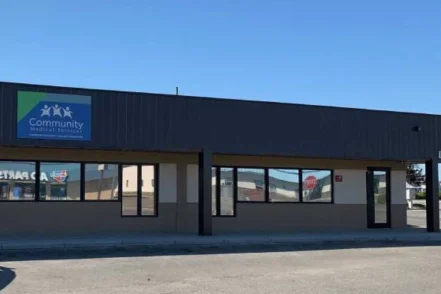 Montana
MontanaCommunity Medical Services Billings
2040 Rosebud Drive, Suite 7 Billings, Montana 59102
-
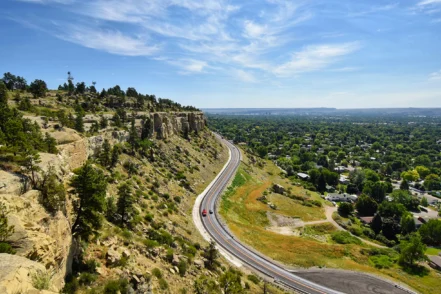 Montana
MontanaIdeal Option Billings
2525 4th Avenue North, Suite A Billings, Montana 59101
-
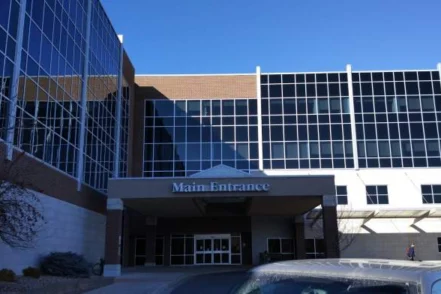 Montana
MontanaSt Peters Hospital
2475 East Broadway Street Helena, Montana 59601
-
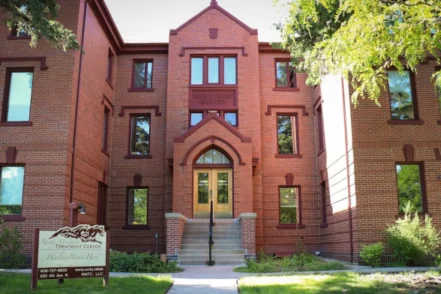 Montana
MontanaRocky Mountain Treatment
920 4Th Avenue North Great Falls, Montana 59401
-
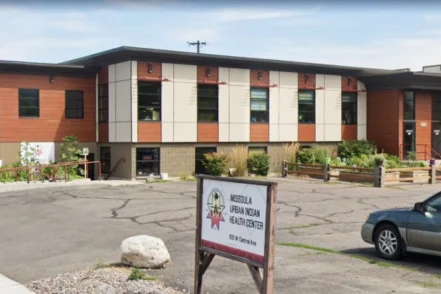 Montana
MontanaAll Nations Health Center
830 West Central Avenue Missoula, Montana 59801
-
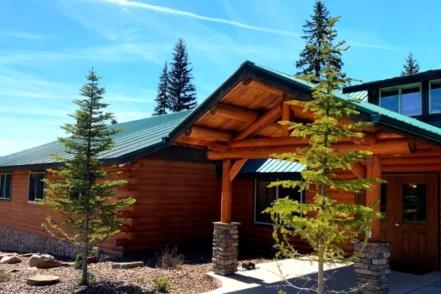 Montana
MontanaBehavioral Health Turning Winds
31733 South Fork Yaak Rd Troy, Montana 59935
-
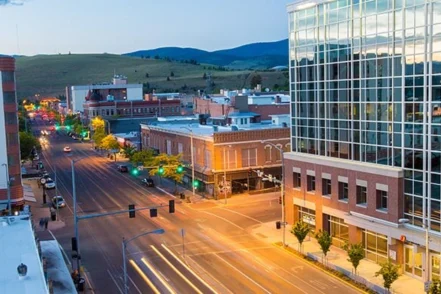 Montana
MontanaWinds of Change
1120 Cedar Street Missoula, Montana 59808


